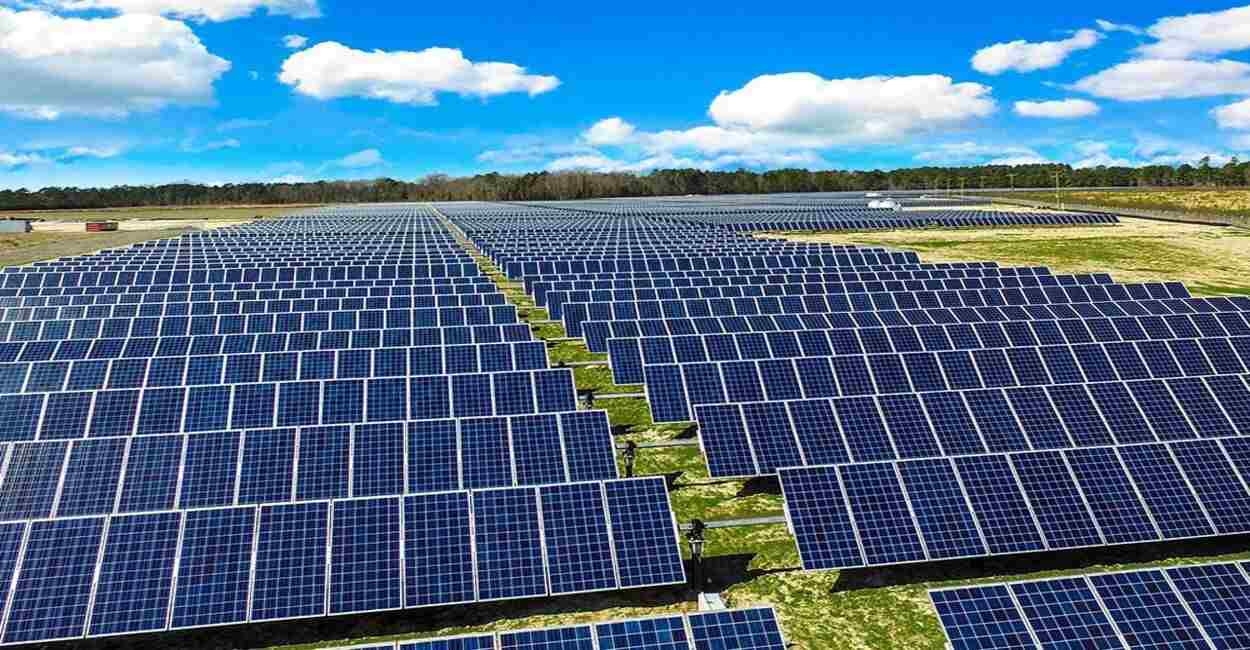Simply Solar Illinois: Eco-Friendly Solar Solutions to Light Up Your Home
How Solar Energy Can Assist You Save Money and Reduce Your Carbon Footprint
The combination of solar power right into your power profile provides a compelling opportunity for both monetary savings and ecological stewardship. As various government rewards come to be readily available, the inquiry occurs: how can one successfully browse the initial financial investments and ongoing benefits of solar modern technology to take full advantage of both economic and ecological gains?
Comprehending Solar Power Savings
While the transition to solar power commonly entails a first financial investment, understanding solar energy cost savings is essential for homeowners and businesses alike. Solar energy systems can substantially lower electrical power bills by using the sun's energy, converting right into significant long-term economic benefits. By creating their own power, users lessen dependence on grid power, which is subject to changing costs. These savings can accumulate with time, frequently leading to a quick roi.
In addition, solar power systems may receive various financial incentives, consisting of tax credit ratings and rebates, better boosting their cost-effectiveness. The accessibility of internet metering allows customers to offer excess power back to the grid, creating an additional profits stream. These variables add to the overall financial savings connected with solar power.

Along with route monetary financial savings, solar power supplies the added advantage of increasing home worth. Residences geared up with photovoltaic panels are commonly much more appealing to customers, as they assure reduced power expenses - Simply Solar Illinois. Understanding these components is essential for anyone thinking about solar power, as it highlights not just the possible financial gains, but additionally the wider ecological and economic advantages of adopting renewable energy solutions
First Costs vs. Long-Term Perks
When reviewing solar power, it is very important to evaluate the initial prices against the long-term advantages. The upfront investment for solar panels, installment, and associated tools can be substantial, often varying from $15,000 to $30,000, depending upon the system size and home energy needs. This initial expenditure might prevent some house owners; nevertheless, it is important to take into consideration the prospective financial savings gradually.
When installed, solar power systems can substantially decrease or even get rid of monthly electrical power expenses, leading to significant long-term monetary advantages. Research studies indicate that house owners can conserve anywhere from $10,000 to $30,000 over the life expectancy of their planetary system, normally 25 years. Additionally, many states offer incentives, tax obligation credits, and rebates that can balance out first expenses, making solar more obtainable.

Decreasing Your Carbon Footprint
Lowering your carbon footprint is a vital consideration in today's eco conscious culture, and adopting solar power is one of one of the most reliable approaches to achieve this goal. Solar power is a clean, eco-friendly source that significantly lessens reliance on nonrenewable fuel sources, which are major factors to greenhouse gas emissions.

Moreover, the prevalent fostering of solar modern technology encourages the development of green work and supports advancements in energy storage and performance. The even more people and companies purchase solar power, the higher the cumulative decrease in carbon exhausts, fostering a cleaner ambience for future generations.
Federal Government Incentives and Discounts
Taking on solar energy not only profits the environment but can also cause significant economic cost savings, specifically with the availability of federal government incentives and discounts. Different government, state, and local programs are developed to encourage house owners and businesses to purchase solar energy systems, making the shift extra affordable.
Among the most prominent rewards is the Federal Financial Investment Tax Obligation Credit Scores (ITC), which enables planetary system proprietors to deduct a substantial percent of the installment expenses from their federal taxes. This motivation has been crucial in reducing the upfront costs related to solar power systems. Additionally, numerous states offer their own tax obligation credit reports, grants, and refunds that can further boost savings.
In addition, some neighborhood governments give property tax obligation exceptions for solar setups, guaranteeing that homeowners do not deal with enhanced real estate tax as an outcome of their renewable power investments. Energy business might likewise provide incentives, including net metering and feed-in tolls, which enable solar power individuals to market excess power back to the grid.
Selecting the Right Solar System
Picking the appropriate planetary system is crucial for making the most of energy performance and financial benefits. The choice depends More Bonuses upon numerous aspects, including energy requirements, spending plan, and available space. Property owners ought to start by examining their electrical power consumption to establish the system size needed for ideal performance.
Next, take into consideration the different sorts of solar innovations available. Simply Solar Illinois. Photovoltaic (PV) panels are one of the most usual, converting sunlight straight into electrical energy, while solar thermal systems concentrate on home heating water. Each type has unique advantages depending upon private requirements
Spending plan factors to consider are likewise critical. Initial installation expenses can vary considerably, so it is very important to contrast quotes from several carriers and check out financing options. Federal government incentives and discounts can better minimize the economic burden, making solar systems a lot more accessible.
Conclusion
The environmental benefits of solar energy add to lasting techniques important for combating environment change. Federal government incentives boost the usefulness of solar modern technology adoption, motivating a transition towards a cleaner, a lot more my website economically effective energy source.